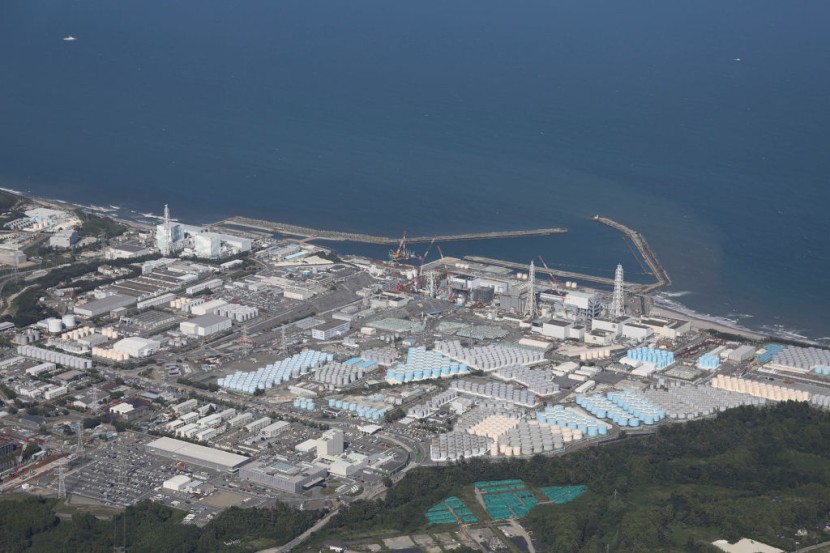In a dramatic escalation of tensions between the two countries, China declared on Thursday, August 24, that it would prohibit all seafood from Japan in reaction to Tokyo's decision to start releasing treated radioactive wastewater from the Fukushima nuclear plant.
Beijing has taken the lead in criticizing the release as it has been received with intense opposition from a lot of consumers and several regional governments.
China Prohibits Japanese Seafood

After the release commenced on Thursday afternoon, China fired a furious rant, labeling it a "selfish and irresponsible act," CNN reported.
The Chinese customs service made an announcement saying they would no longer import any marine goods from Japan. This restriction might affect more than just fish since sea salt and seaweed are also aquatic products.
The customs agency said that the decision was made to safeguard the health of Chinese customers and to reduce the possibility of radioactive contamination of food safety caused by Japan's Fukushima nuclear-contaminated water outflow.
Meanwhile, in the ongoing construction dispute, Japan has maintained that releasing the treated water is safe and necessary to make room at the crippled nuclear power plant.
State-owned energy provider Tokyo Electric Power Company (TEPCO) said that the release started at 1:00 PM local time (midnight ET).
Approximately 200-210 cubic meters of treated wastewater is all that the firm anticipates discharging. After this Friday, August 25, the company intends to discharge 456 cubic meters of filtered wastewater every 24 hours for an overall amount of 7,800 cubic meters in 17 days.
TEPCO has promised to promptly cease operations and launch an inquiry into any discrepancies found in the discharge equipment or the dilution levels of the treated wastewater.
Later on Thursday, a vessel will enter the harbor to collect samples to be used in determining whether or not the treated wastewater being released into the water complies with international safety requirements.
Health and Safety Concerns
After the disastrous earthquake and tsunami that hit Japan in 2011, extremely radioactive substances were found in the water used in the Fukushima nuclear facility. Radioactive wastewater levels have increased since then due to the introduction of additional water pumped in to cool fuel debris in the reactors and the infiltration of groundwater and rains.
Years of planning have gone into the decision to release the water, with officials finally sounding the alarm in 2019 that they will soon have no other options than to do so in a treated and extremely diluted state due to a lack of storage capacity.
Many Asians have been storing salt and seafood out of concern for future pollution, and others have fiercely criticized the wastewater release, while some governments have come out in favor of Japan.
Taiwan has agreed that the quantity of tritium being emitted should have minimal effect. The US has also supported Japan on this issue.
© 2026 HNGN, All rights reserved. Do not reproduce without permission.








